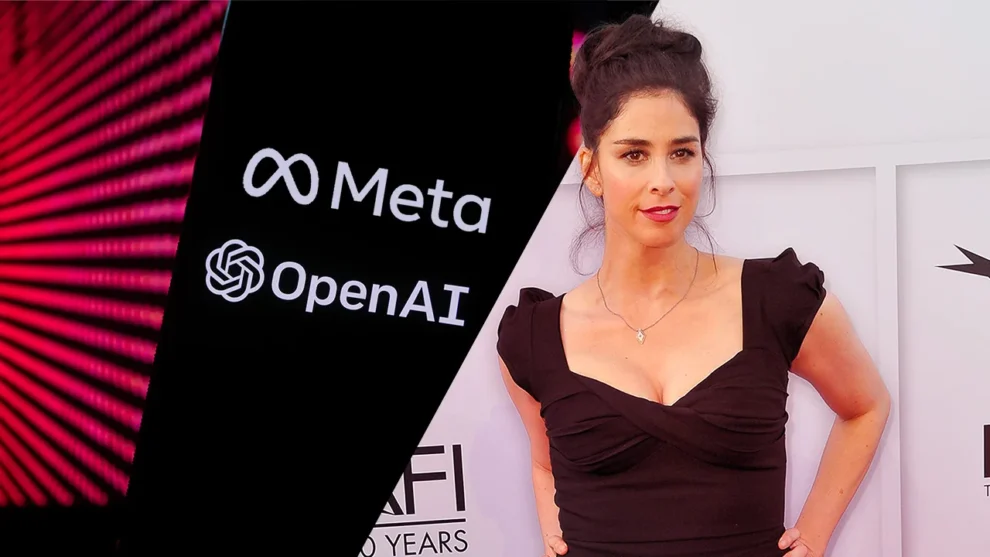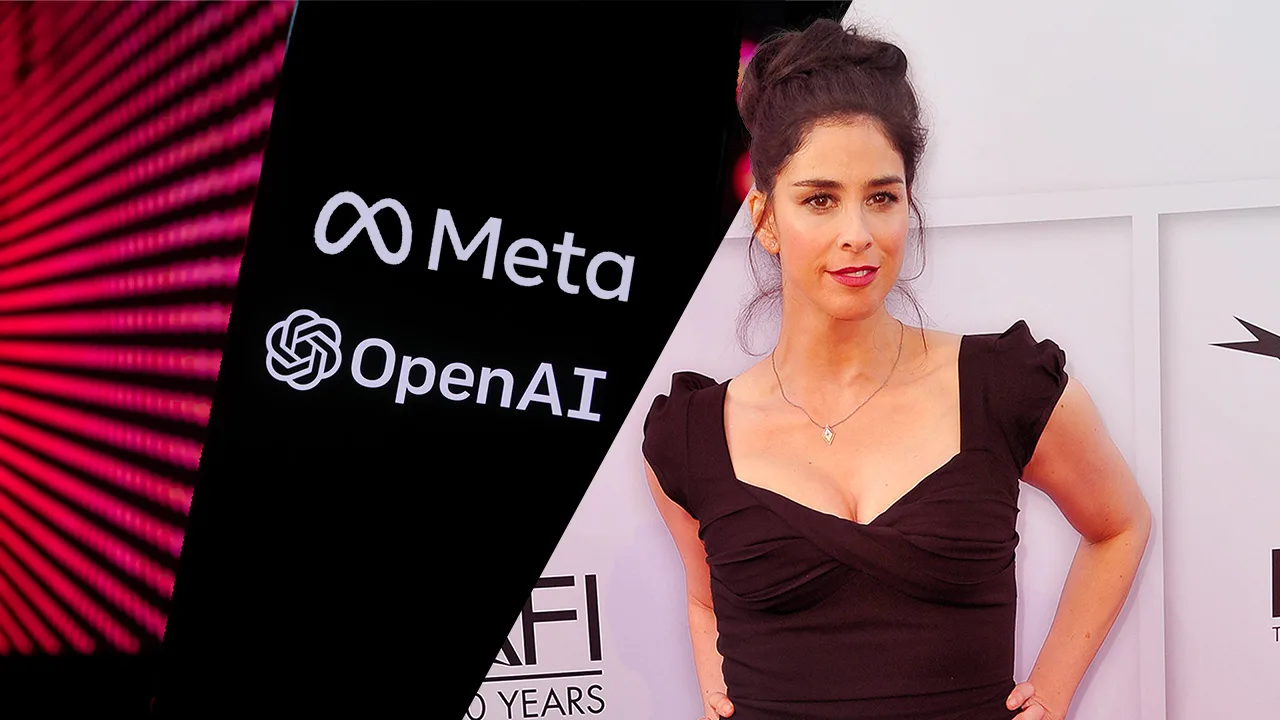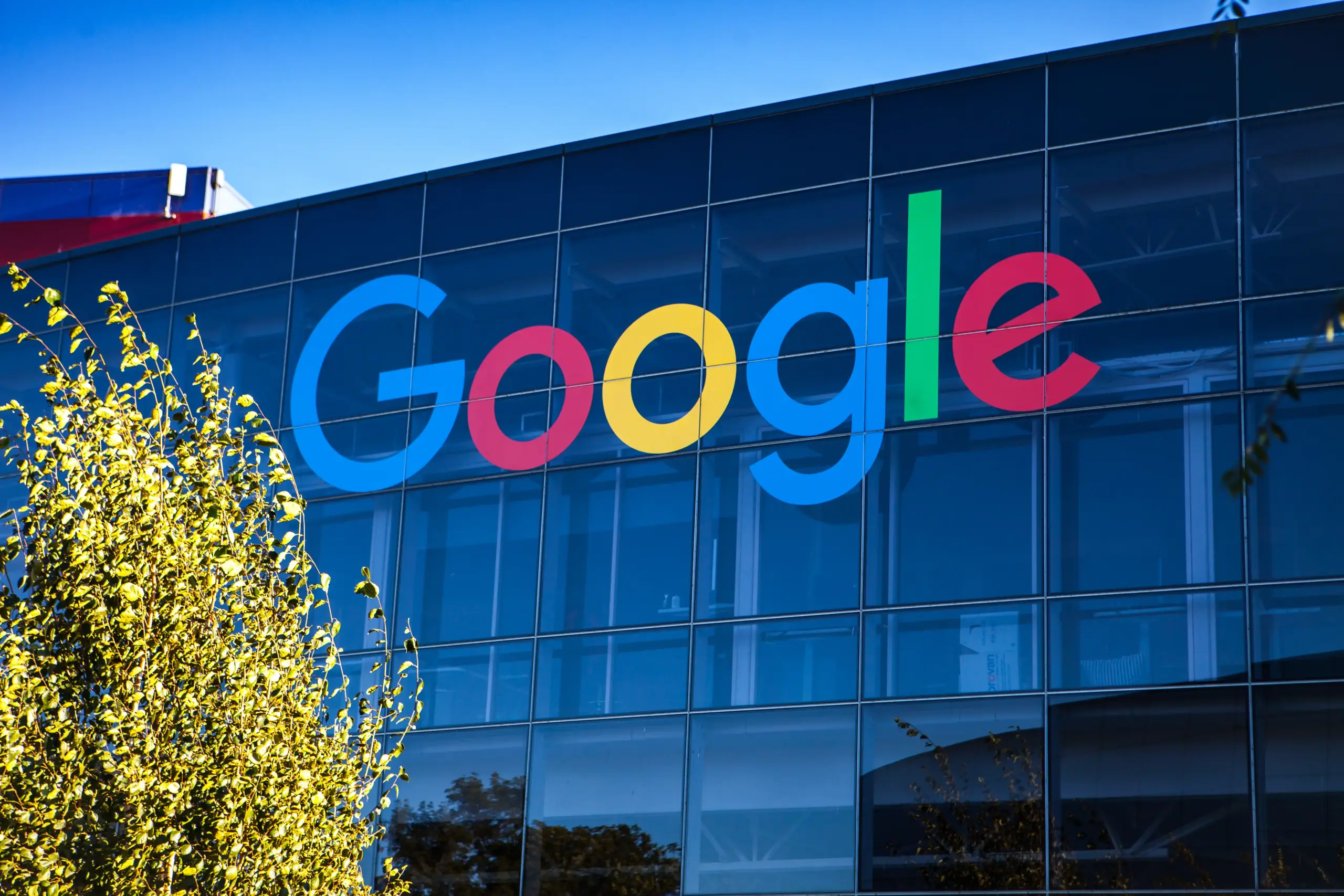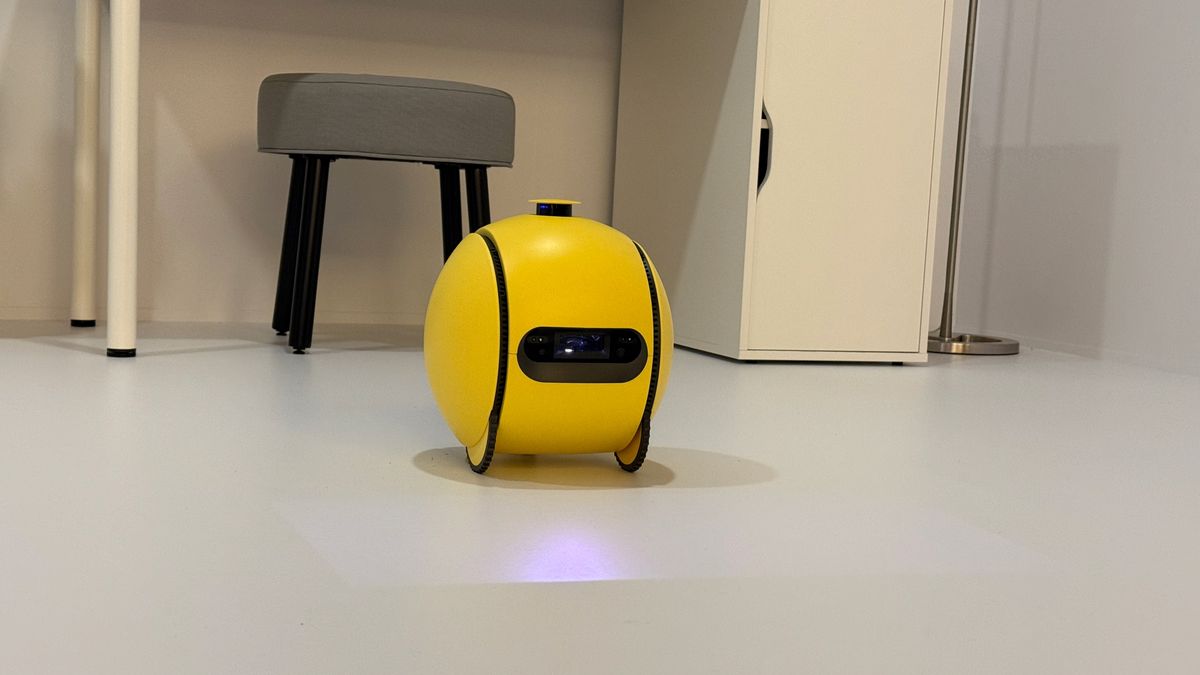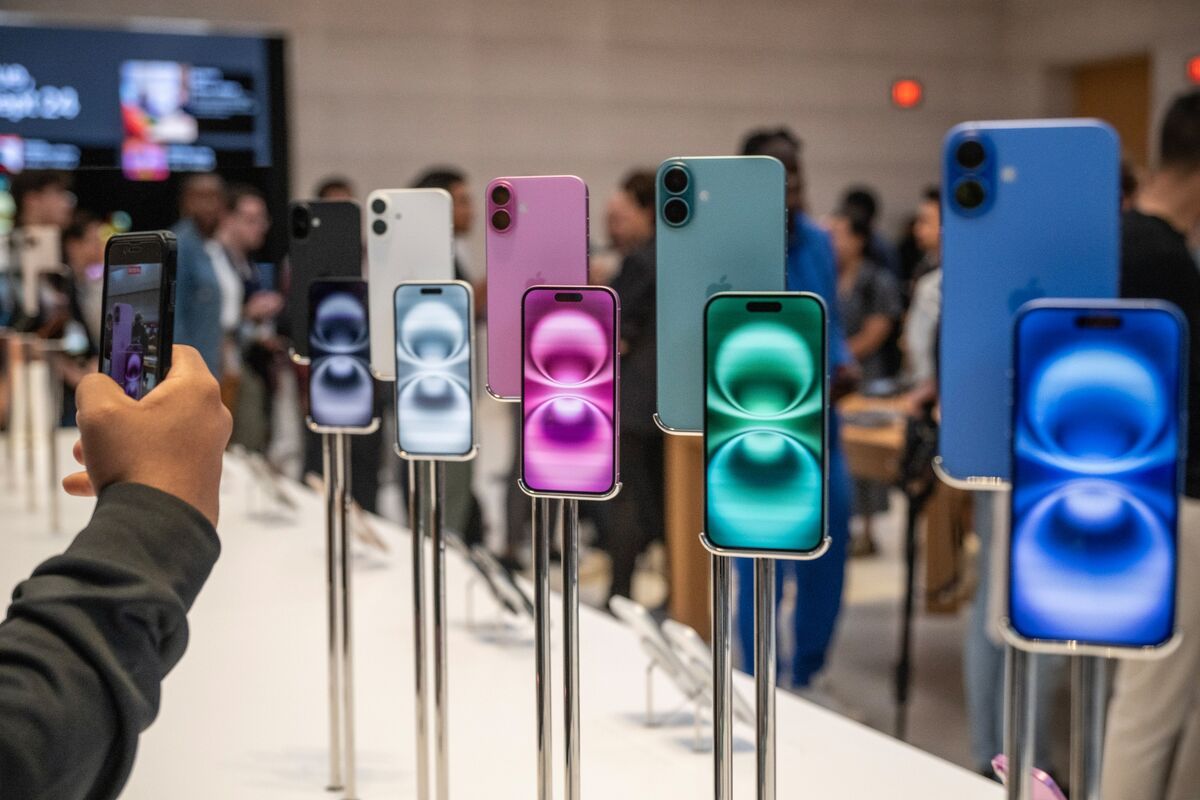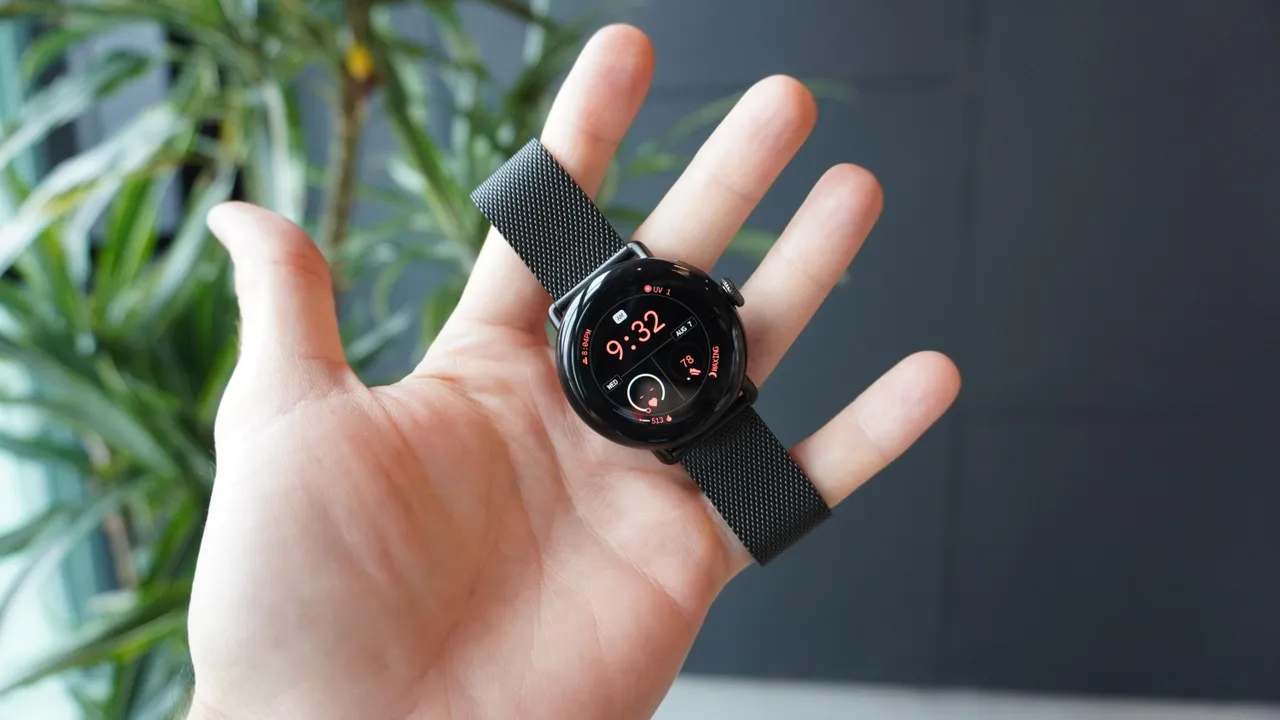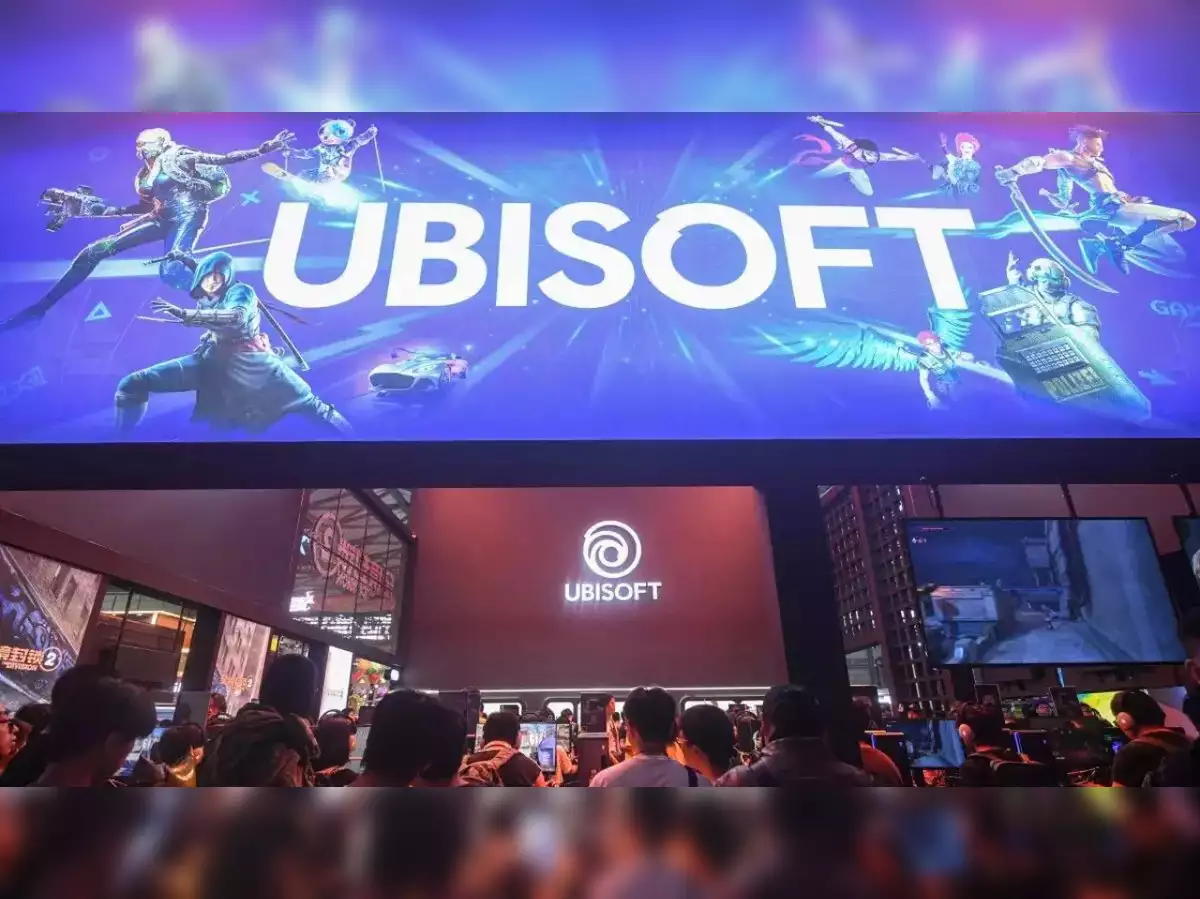Comedian and author Sarah Silverman, along with novelists Christopher Golden and Richard Kadrey, has taken a significant legal stand against OpenAI and Meta Platforms, Inc. (formerly Facebook), accusing these tech giants of copyright infringement. This legal battle centers on the allegation that OpenAI and Meta utilized copyrighted material without authorization to train their artificial intelligence models, including the widely known ChatGPT by OpenAI and Meta’s LLaMA model.
Key Highlights:
- Silverman and co-plaintiffs allege their copyrighted works were used without permission for AI training.
- OpenAI and Meta defend their actions as “quintessential fair use,” arguing for the promotion of science and useful arts.
- The lawsuit raises pivotal questions about copyright law’s applicability to AI training data and the balance between innovation and creators’ rights.
- A federal judge dismissed most of Silverman’s lawsuit against Meta, signaling complex legal challenges ahead.
This lawsuit underscores the growing tension between the rapid advancement of AI technology and the protection of intellectual property rights. OpenAI’s defense hinges on the argument that copyright law is designed to foster innovation and protect the expression of ideas, not the ideas themselves or the “building blocks of creativity” that might be used in AI training. Similarly, Meta asserts that their use of copyrighted materials falls under fair use, a stance they plan to elaborate on as the case progresses.
The implications of this case extend far beyond the specifics of Silverman’s claims. It touches on broader concerns about the ethical use of copyrighted materials in training AI systems and the potential need for new regulatory frameworks to address these challenges. The outcome could set precedents affecting how AI companies operate and how copyright law applies in the digital age, especially regarding the training of AI models with publicly available data.
The heart of Silverman’s lawsuit lies in the contention that OpenAI and Meta have used copyrighted materials without permission to train their AI models. This raises fundamental questions about what constitutes fair use of copyrighted material in the context of AI development, where vast amounts of data are ingested to train models on language patterns, user interactions, and more.
As this legal drama unfolds, it has attracted attention not only for its immediate impact on the parties involved but also for the potential it has to influence future copyright law interpretations, AI development practices, and the balance between innovation and creators’ rights. The tech and creative industries alike await the resolution of this case, which could redefine the boundaries of copyright law in the era of AI.
In conclusion, while the legal battle between Sarah Silverman and the AI behemoths OpenAI and Meta is still in its early stages, its ramifications could be far-reaching. It highlights the need for a delicate balance between protecting the rights of creators and fostering technological innovation. As AI continues to evolve, so too must our understanding and application of copyright laws to ensure that they serve both to protect individual creativity and to promote the collective benefits of AI advancements.

